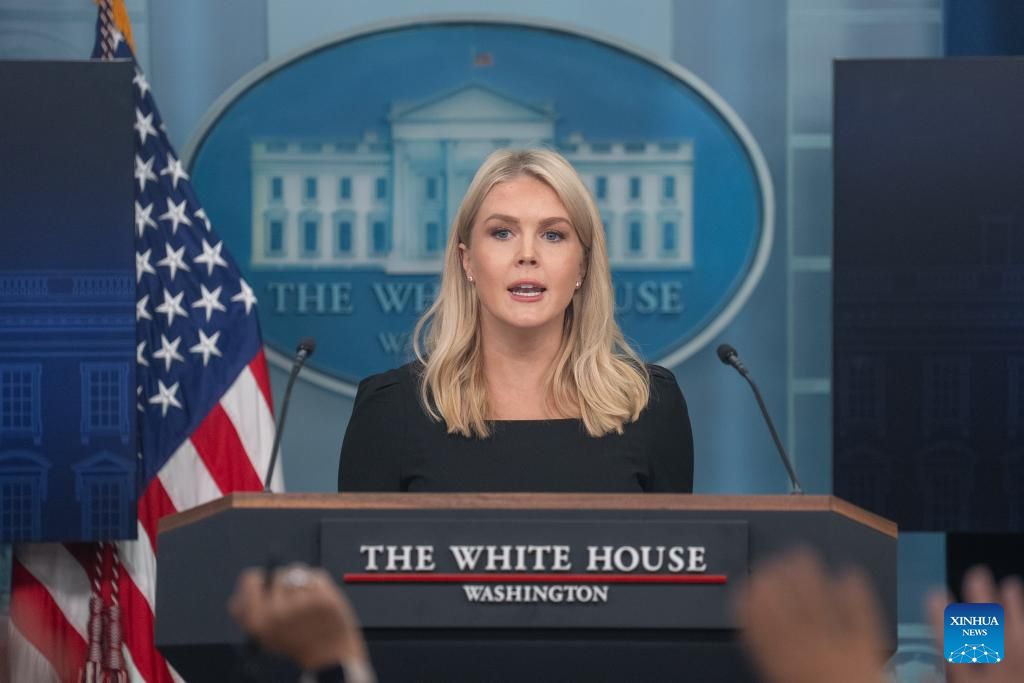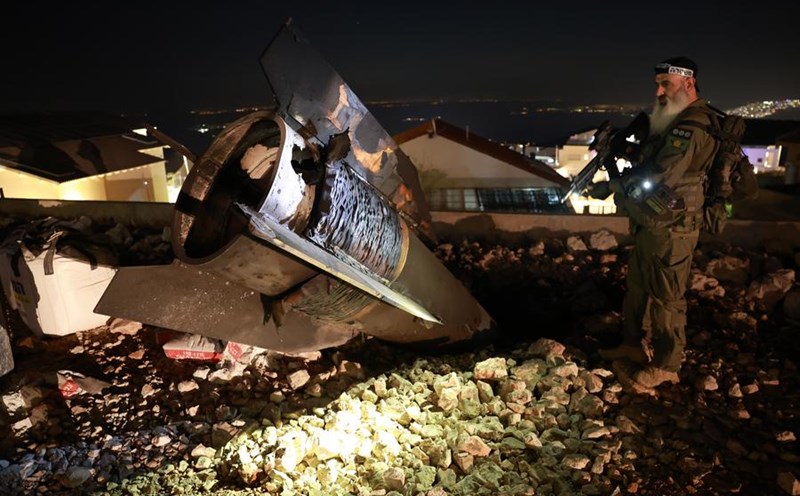The information was confirmed by White House Press Secretary Karoline Leavitt at a press conference on June 19, raising concerns about the possibility of a major war breaking out in the Middle East.
Based on the possibility of or not having talks with Iran in the near future, I will make a decision on whether to take action or not within the next 2 weeks, White House Press Secretary Leavitt quoted President Trump as saying.
From demanding for Iran as an unconditional customer, threatening to assassinate Iranian Supreme Leader Ayatollah Ali Khamenei, to hinted at a diplomatic solution, Mr. Trump is making it difficult for both allies and opponents to predict the next step of the US.
Meanwhile, sources said Trump special envoy Steve Witkoff has held many phone calls with Iranian Foreign Minister Abbas Araqchi since Israel launched its first airstrike last week. These behind-the-scenes efforts seem to be aimed at avoiding a full-scale war, but have yet to show any signs of a breakthrough.
Tensions reached a peak on June 19 when Israel continued airstrikes on Iranian nuclear facilities, responding to a missile and UAV attack on a hospital in Tel Aviv. Tehran insists it is considering all revenge options, calling it the most serious challenge since the 1979, Islamic Revolution.
For its part, the White House said that Iran only has a few weeks left to possess nuclear weapons a review that goes against the report by Director of National Intelligence Tulsi Gabbard in March, which affirmed that Tehran has not actively developed nuclear warheads.
When asked about this conflict, Mr. Trump said frankly: I dont care what she says. I believe Iran is very close to nuclear weapons.

However, the intention to attack Iran has not received complete consensus within the US political community. Some Republicans with a hardline stance have expressed support, while the moderate and Democratic sides have strongly opposed.
In addition, the White House also avoided the question of whether Trump would ask Congress for authorization if he decided to attack Iran - an issue that has caused fierce controversy in the past because the US Constitution stipulates that only Congress has the right to declare war.
As the "double weeks of fate" period gradually passes, the whole world will have to continue to monitor every move from the White House, from words to actions.











